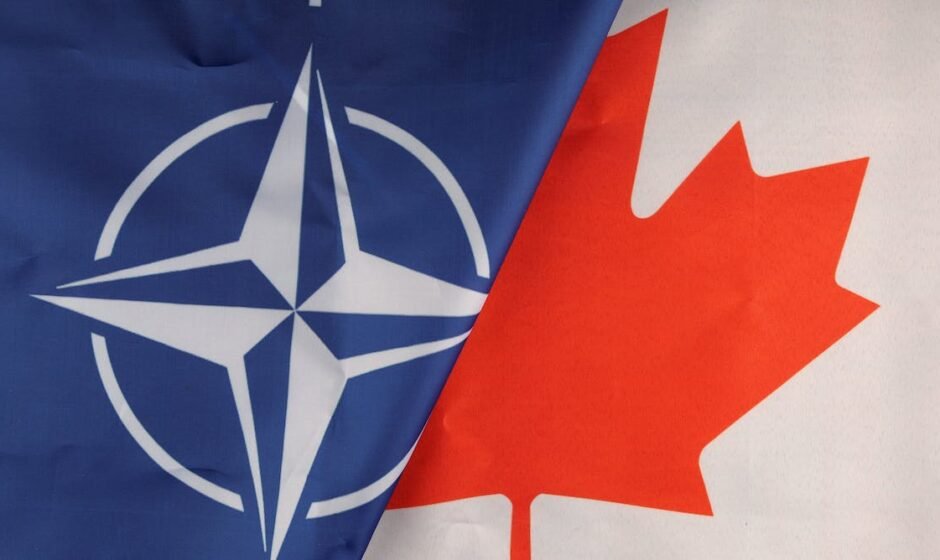Montréal has been chosen as the location for the North Atlantic Treaty Organization’s (NATO) new Climate Change and Security Centre of Excellence (CCASCOE). The center will focus on providing expertise on the environment and the impact of climate change on NATO’s security. Canadian Prime Minister Justin Trudeau stated that the center will help Canada and its allies understand and address the security implications of climate change, particularly in the Arctic. The CCASCOE will contribute to Montréal’s status as a global hub for international organizations.
NATO’s centers of excellence system aims to support innovation and improve interoperability and capabilities. These centers assist in doctrine development, identify lessons learned, and test and validate concepts through experimentation. Montréal’s new center demonstrates a strong commitment to climate security and will enhance Canada’s capacity to address climate-specific concerns.
The Canadian government proposed hosting the CCASCOE at a NATO Summit in Brussels in June 2021. Montréal was later announced as the host city, with Canada providing $40.4 million in direct support over five years. The founding document of the CCASCOE was signed by Canada and 11 sponsoring nations. NATO’s Allied Command Transformation ACT is responsible for establishing and accrediting centers of excellence in coordination with the Supreme Allied Commander Europe.
The centers of excellence network provides a global array of expertise and practices that can benefit the development of the CCASCOE. This network can facilitate information-sharing on climate change-related security capabilities, including rapid response exercises and engagements related to environmental disasters.
NATO has a history of cooperation on doctrine development, which can serve as a valuable template for CCASCOE activities. Examples include the Cooperative Cyber Defence Centre of Excellence in Tallinn, Estonia, which provides interdisciplinary expertise through research, training, and exercises. The Crossed Swords exercise simulates adversaries’ perspectives to identify NATO’s strengths and weaknesses. Locked Shields is a team exercise focused on simulating the complexity of a massive cyber incident. These exercises can provide a framework for the CCASCOE’s engagements.
The CCASCOE can also lead innovation through hosting exercises to train disaster-response capabilities for climate security challenges. These exercises can help NATO members combat climate security challenges, build capacity, and enhance public awareness.
ACT’s Strategic Foresight Analysis 2023 report will update NATO’s understanding of the security implications of climate change. The report will highlight the importance of international cooperation to mitigate climate change and address strategic competitors’ potential exploitation of disruptive changes. The Vilnius summit in June 2023 saw NATO release climate strategy reports, including a climate security assessment and guidelines to measure greenhouse gas emissions for civilian and military infrastructure. These initiatives emphasize the need for civilian and military collaboration on climate security challenges.
The development of the CCASCOE occurs amid rising tensions, particularly in the Arctic. The Arctic is predicted to experience its first September free of sea ice in history, which will increase activity, demand for resource access, shipping routes, and territorial claims in the region. Russia and China have increased cooperation in the northern port of Murmansk, posing challenges to the NATO alliance.
The upcoming NATO summit will likely focus on developing a coordinated approach to support climate security innovation. Canada and the CCASCOE are expected to play an active role in shaping this new strategic agenda.




